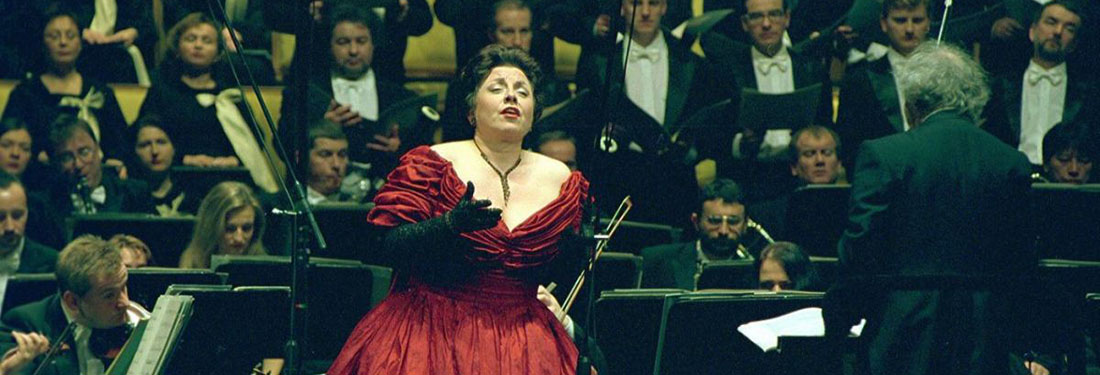
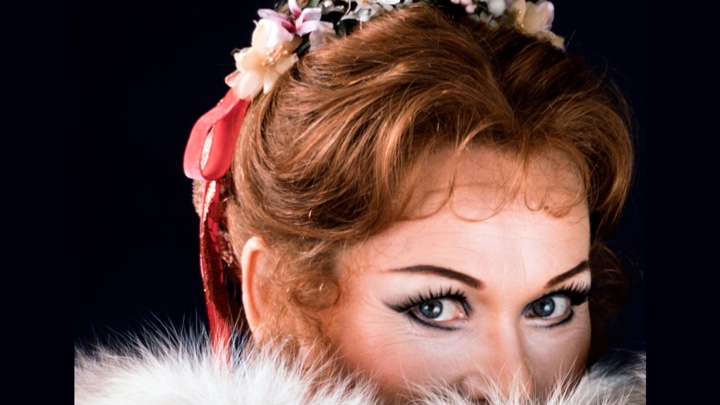
First I read about her: a review of her first two Columbia recital discs in High Fidelity, strong praise for the beauty of her voice and particularly for the sense of style in offbeat Verdi and warhorse verismo. I tracked down the discs at Baton Rouge’s one record shop with a decent opera section, and I heard: a uniquely energetic, lean sound, ravishing in pianissimo, fiery in forte, with an exhilarating sense of on-the-edge forward propulsion.
Meanwhile I was reading about her in Opera News. This guy Robert Jacobson was (as I would say today) a very major Scotto queen. I remember his awe as he discussed her Met “comeback” in Vespri Siciliani, and his amazement and joy at her assumption of the three lead soprano roles in the Met’s new-that-season Trittico. Wow, I thought, if these performances were anything like the excerpts on those Columbia discs, those lucky New Yorkers really must have heard something special. Lucky New Yorkers!
Then I found out that the Met’s annual tour to Dallas included the Trittico. With Scotto! And Dallas is only 12 hours from Baton Rouge by bus! Well, as it turned out, I didn’t get to Dallas by bus (another story), but I got there. And I must say the Met really put its best foot forward for me: Carmen with Troyanos and Leona Mitchell (what a voice!). Aida with Arroyo, Dunn, McCracken and Quilico (about which all I can remember is that Martina threw her back out during the Triumphal Scene, and thus had to die standing up). A perfectly passable Figaro in which Lucine Amara really sang the Contessa.
And then came the night that changed [or, poetically, began] my life. Before Trittico, I enjoyed opera; after Trittico I knew had found my religion.
Now I should preface this with the confession that I approached this performance with one reservation: I couldn’t figure out how anyone who looked like Scotto could be a real diva. Her album cover photos revealed a short, dumpy, fortyish woman with a taste for ruffled organza, heavy eye makeup, faux pearls and frosted hair. Frankly, she looked like Prunella Scales in Fawlty Towers. In no way did she measure up to my standard of operatic glamour, which was Maria Callas, florid in red velvet (Tosca) or svelte in black chiffon (Carmen).
Well, it’s funny how these things work out. My first sight of Scotto was as Giorgietta in Il tabarro, and, hey, the blonde bouffe and the come-fuck-me heels and the double chin all worked – she was supposed to look like a sgualdrina, right? And only five minutes into the opera, I was so mesmerized by her committed plastique (the exact visual analogue of her vocal style) that I forgot, then and forever, Scotto’s limitations of appearance. From that moment until now, she has always looked to me like the character, period.
I recall the fire and passion of her Giorgetta, and the terrifying abandon with which she flung herself around that precarious barge setting. I recall the oddly moving blend of tenderness and revulsion with which she regarded Michele (Cornell MacNeil) in the final scene. Most vivid of all, still audible in my mind’s ear, is the huge crescendo she made on the high C in her “nostalgia” aria, from whisper to full-throated cry, evoking with a single sound the character’s desperate hunger to escape her stifling conventional life.
Scotto ruined the role of Suor Angelica for me. Perhaps Diana Soviero can match La Scotto (I have not been fortunate enough to hear Ms. Soviero live in this part) but no one could ever surpass her. Besides her hauntingly beautiful singing (the rubato and portamento effects in “Senza mamma” were those only the greatest of artists would dare—and Scotto made every liberty she took sound inevitable), I remember best the look on her face as she returned to the stage to brew the fatal potion. She literally glowed from within.
Her interpretation of the Miracle was breathtaking: with no help from the Meet’s cheapjack production (a single white floodlight stood in for the Heavenly Host) she walked slowly upstage toward her “baby”, then crumpled, as if the spirit had simply and suddenly departed her mortal form. After perhaps a minute of breathless silence, the 4000 in the audience burst into what can only be called a riot of cheers, bravos, applause and sobs. The weeping diva staggered out for perhaps a dozen curtain calls, and then THE APPLAUSE CONTINUED UNTIL THE MAESTRO ENTERED THE PIT TO BEGIN GIANNI SCHICCHI— a half-hour at least!
And her Lauretta was at once adorable and wonderfully funny– one roll of her eyes during “O mio babbino caro” had the audience howling and applauding at the same time! The climax of this opera was Schicci’s (Cornell MacNeil) entrance during the final love duet: he listened, rapt, to La Scotto soaring up to a radiant high D-flat, then hissed his final sung line (“Get out of my house”) to the departing relatives in a tone that suggested, “You idiots almost made me miss my daughter’s gorgeous singing!”
And that was only the first time I heard Scotto. There were many more, and she never, never disappointed. Now, about that fistfight in standing room with the jerk who called her “Miss Piggy” . . . perhaps some other time!
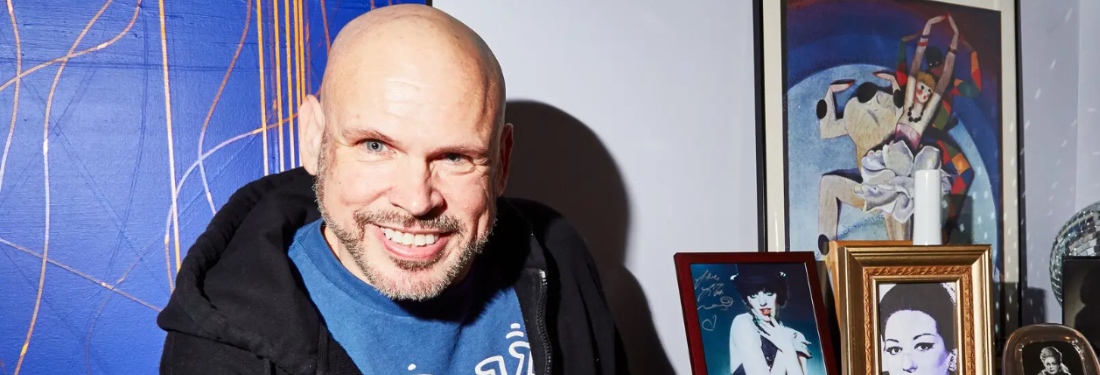
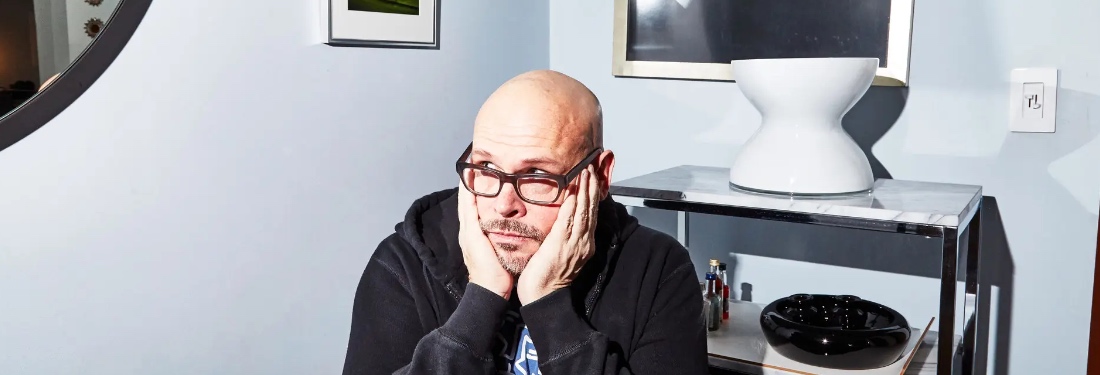
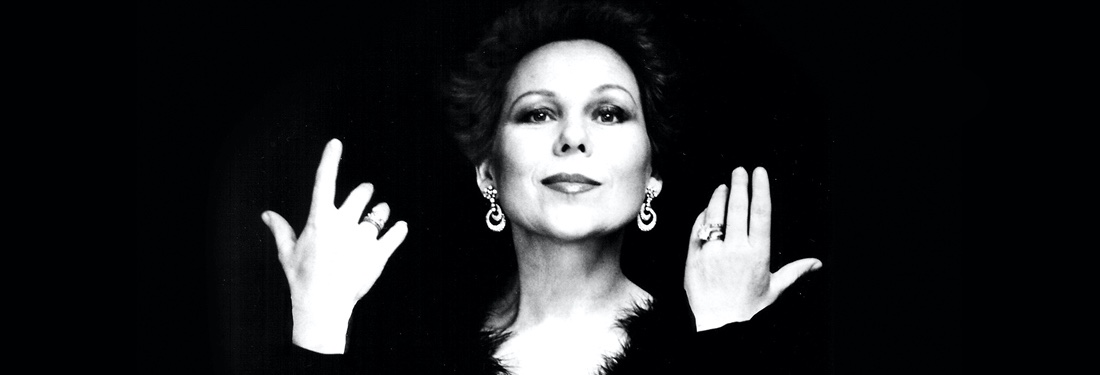
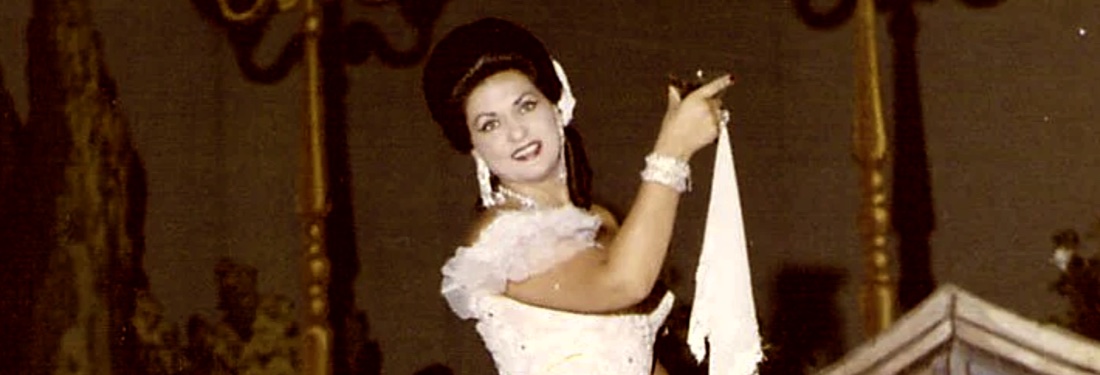
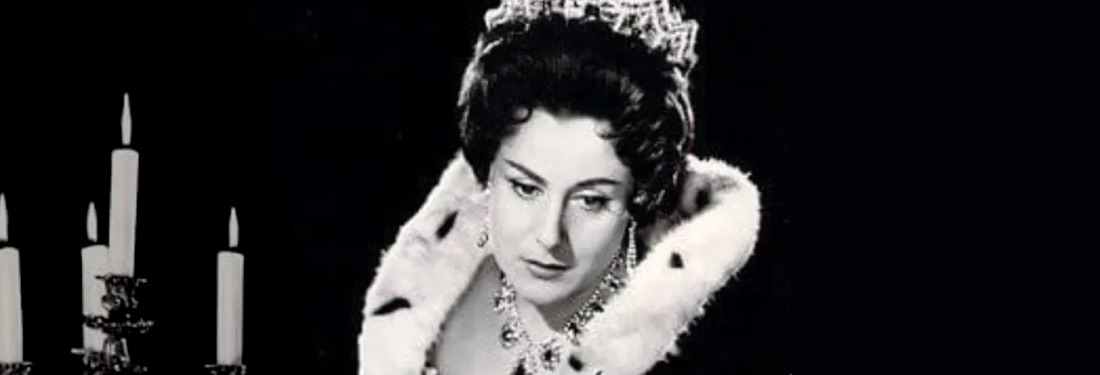
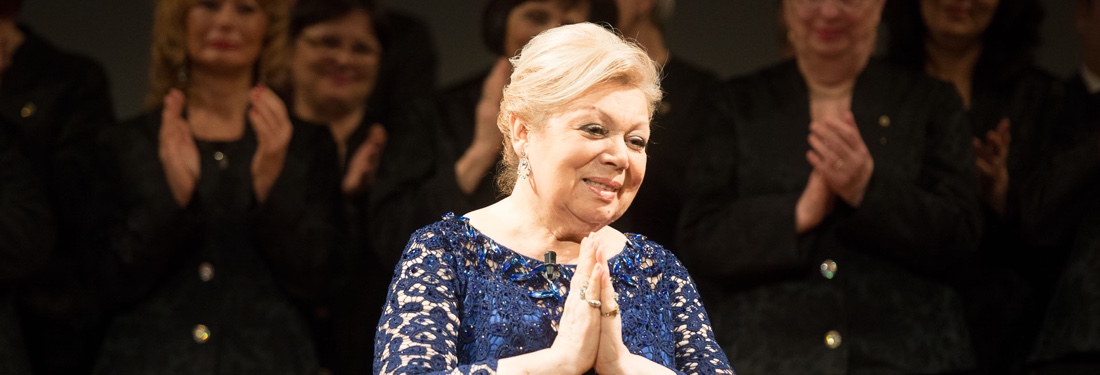
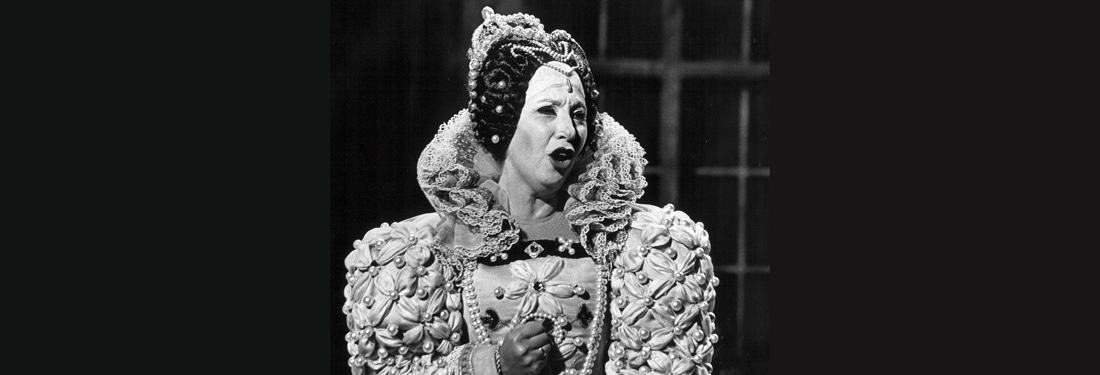
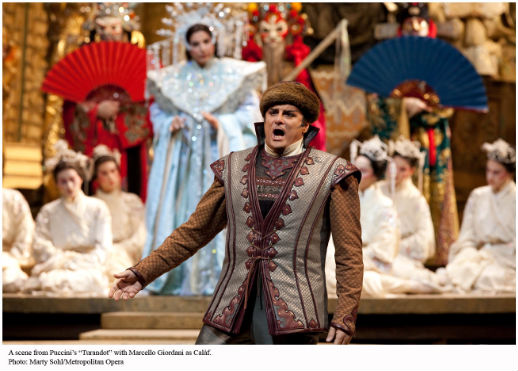
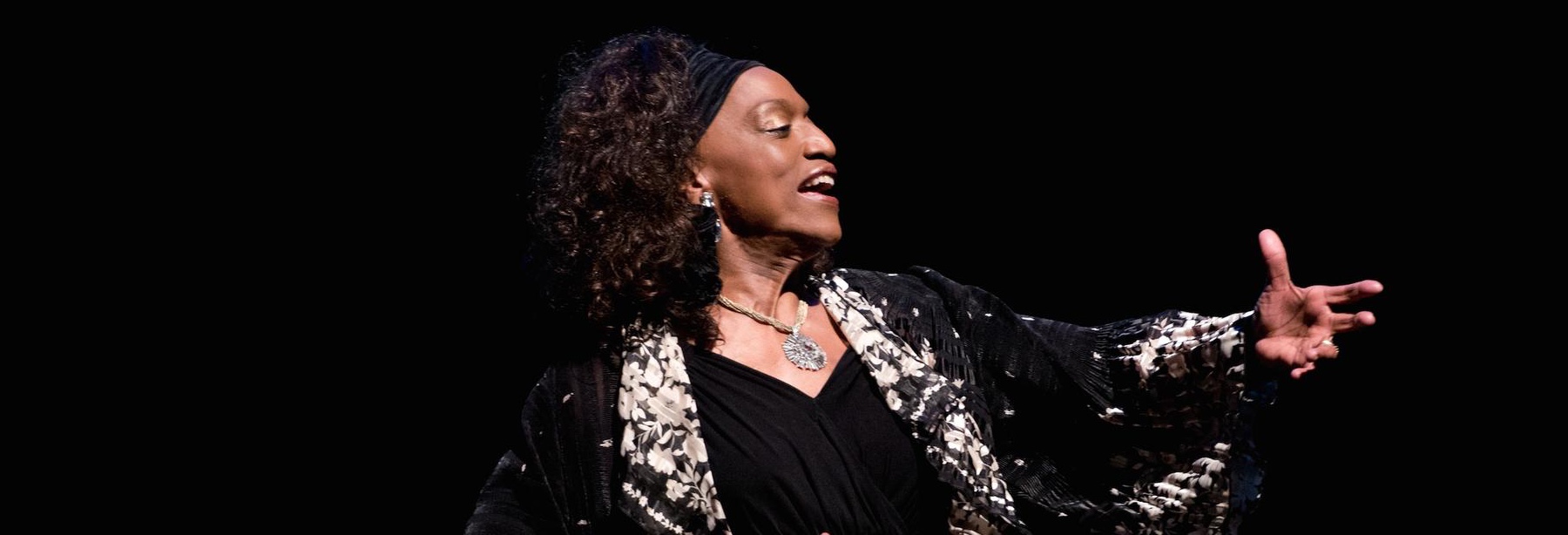
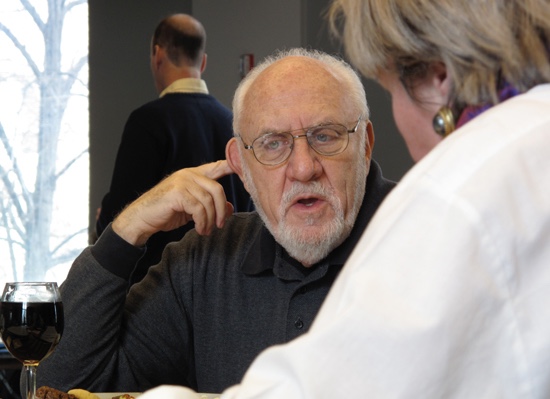
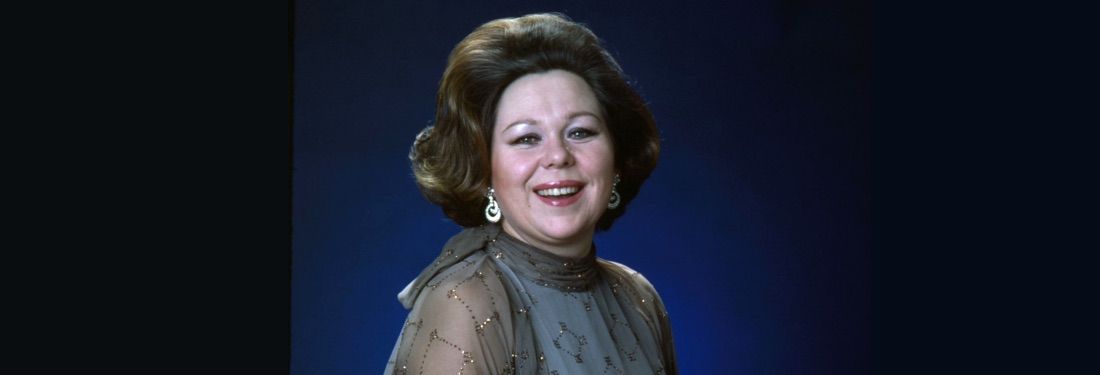






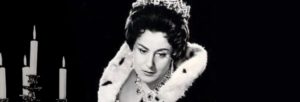
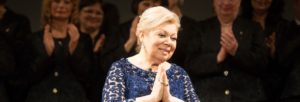



Comments